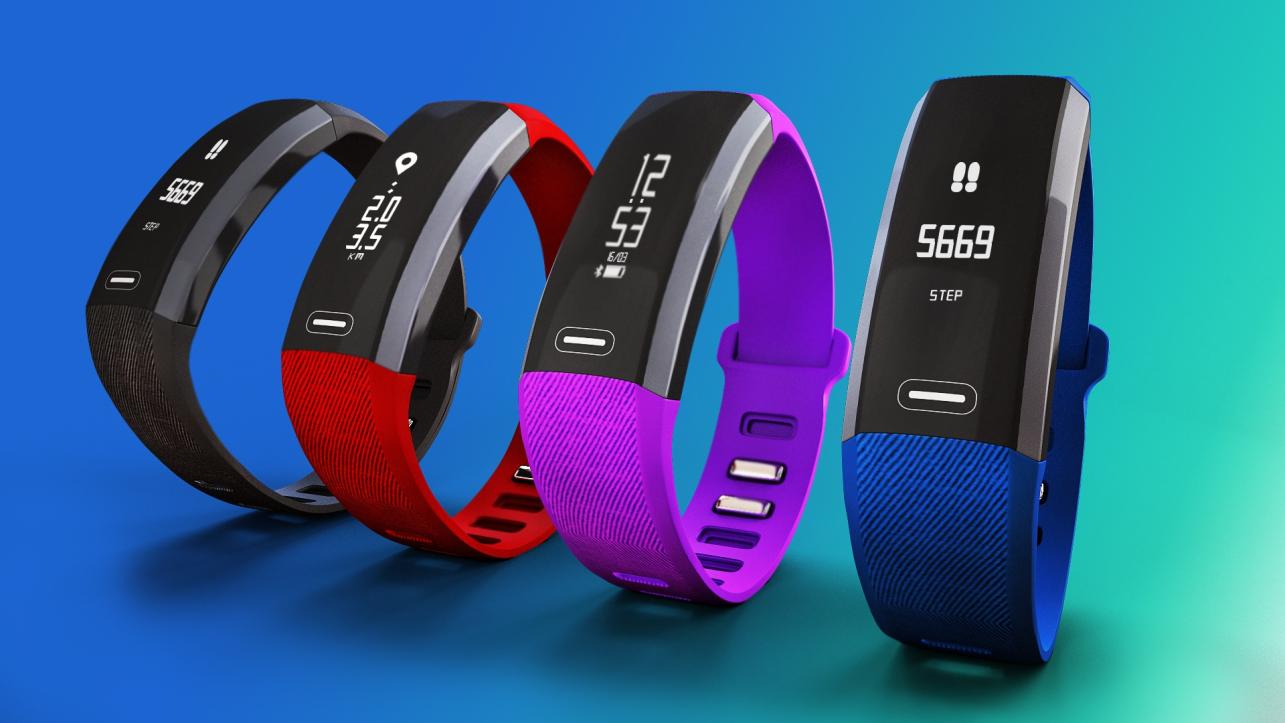Can Fitness Apps and Trackers Help Me Reach My Health Goals?
In the era of digital health and wearable technology, fitness apps and trackers have become ubiquitous tools for individuals seeking to improve their health and fitness. With the promise of personalized guidance, real-time tracking, and gamified challenges, these devices have captured the attention of millions worldwide. But do these apps and trackers truly live up to their claims? Can they effectively help individuals achieve their health goals?

Benefits Of Fitness Apps And Trackers
Tracking Progress:
- Fitness apps and trackers allow users to monitor their physical activity, including steps taken, calories burned, and distance covered.
- Tracking progress is crucial for maintaining motivation and accountability. Seeing tangible evidence of improvement can boost morale and encourage continued effort.
Personalized Goals And Feedback:
- These apps provide personalized fitness goals based on individual needs and preferences.
- Feedback and progress reports help users stay on track and make necessary adjustments to their fitness routines.
Gamification And Challenges:
- Fitness apps and trackers often incorporate gamification elements, such as challenges and rewards, to make exercise more enjoyable and engaging.
- These features can foster a sense of community and healthy competition, further motivating users to stay active.
Limitations And Challenges Of Fitness Apps And Trackers
Accuracy And Reliability:
- Concerns exist about the accuracy and reliability of data collected by fitness apps and trackers.
- Factors such as the type of device, placement on the body, and individual variations can affect the accuracy of these devices.
Over-reliance On Technology:
- Relying too heavily on fitness apps and trackers can have potential drawbacks.
- It is important to listen to one's body and avoid becoming overly dependent on technology for fitness motivation.
Data Privacy And Security:
- Concerns about data privacy and security arise when using fitness apps and trackers.
- Choosing apps that have strong data protection measures in place is essential.
Tips For Using Fitness Apps And Trackers Effectively
Choose The Right App Or Tracker:
- Select a fitness app or tracker that aligns with individual needs and goals.
- Consider factors such as features, accuracy, user-friendliness, and compatibility with devices.
Set Realistic Goals:
- Setting realistic and achievable fitness goals is crucial.
- Unrealistic goals can lead to frustration and discouragement.
Consistency And Habit Formation:
- Consistency in using fitness apps and trackers is key.
- Forming healthy habits and making exercise a regular part of one's routine is essential for long-term success.
Fitness apps and trackers can be valuable tools in helping individuals achieve their health goals. By providing personalized guidance, tracking progress, and gamifying exercise, these devices can make fitness more engaging and motivating. However, it is important to be aware of potential limitations and challenges, such as accuracy concerns and over-reliance on technology. By choosing the right app or tracker, setting realistic goals, and using these devices consistently, individuals can harness the benefits of fitness apps and trackers to improve their overall health and well-being.
YesNo

Leave a Reply